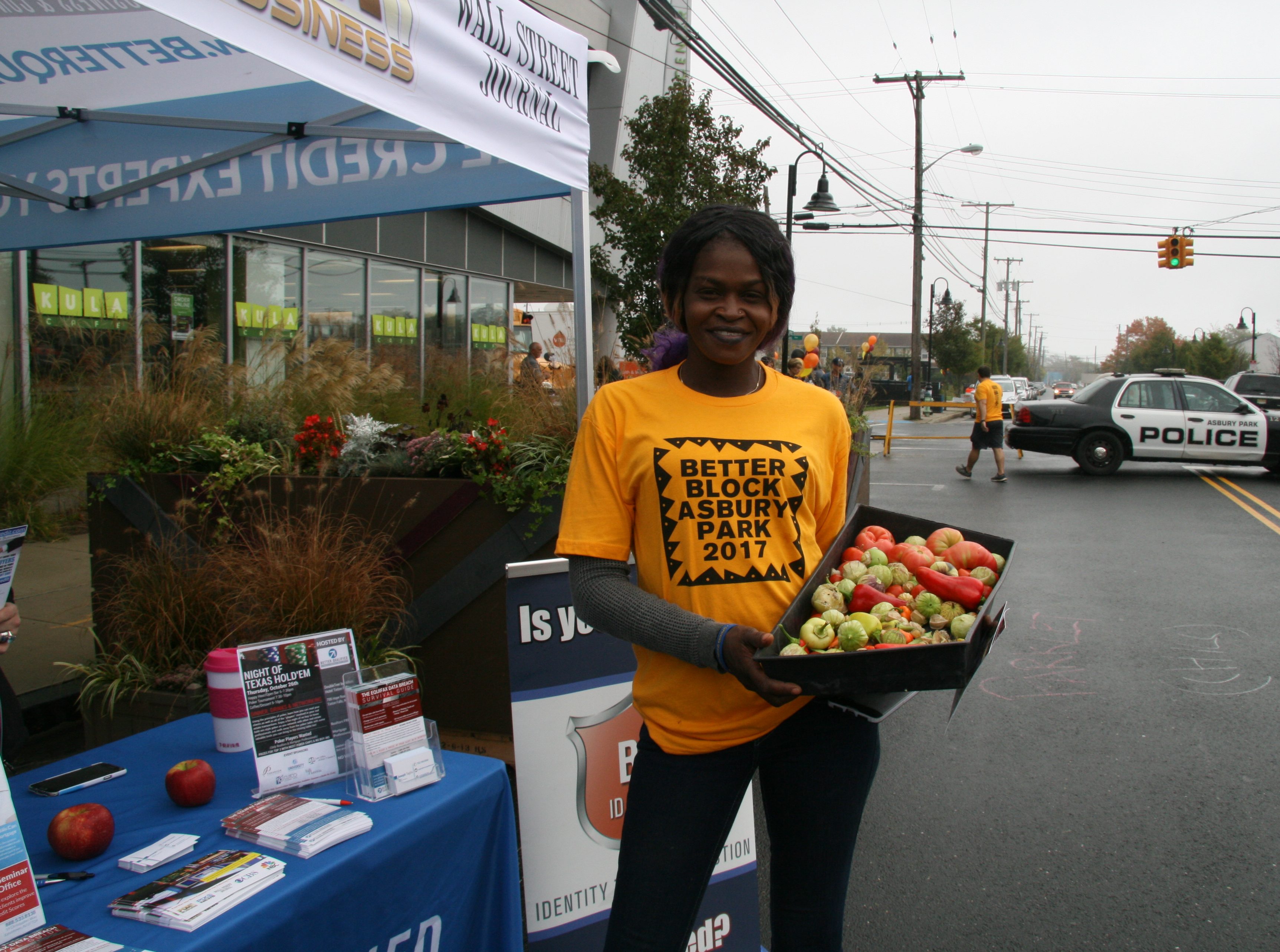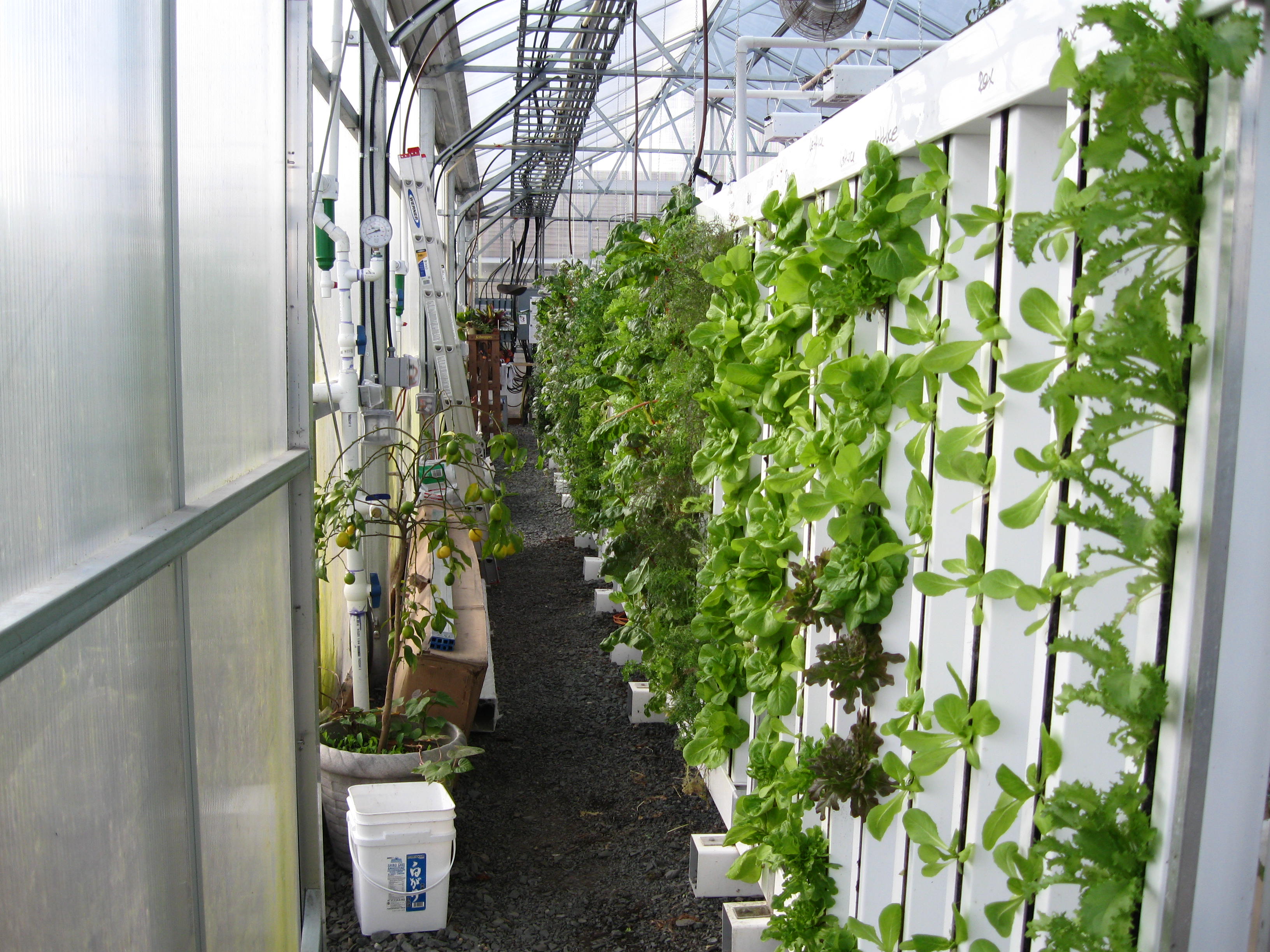Expand healthy food choices in the neighborhood through expanded community gardens, a farmer’s market in Springwood Park, healthy food initiatives at corner stores, and partnerships with local schools.
Bringing more fresh produce to new locations through starting and expanding local initiatives will increase healthy food access throughout the neighborhood and make it easier for residents to make healthy eating choices. There are also opportunities to offer tastings, educate customers about nutrition, hold cooking demonstrations, and more.
As an Early Action Activity, Kula Urban Farm was able to expand its production of fresh fruits and vegetables that are used in local restaurants and distributed to residents.
HELPFUL LINKS


Data from 2017 Needs Assessment
Data from 2017 Needs Assessment
“Policy solutions to the ‘grocery gap'”
Karpyn, Al; Manon, M.; Treuhaft, S.; Giang, T.; Harries, C.; McCoubrey, K. (2010). Health Affairs, 29(3), 473-80.
Abstract
In 2001 the Food Trust, a nonprofit organization committed to ensuring access to affordable, nutritious food, focused attention on the lack of access to healthy foods in Philadelphia by creating food access maps and convening a task force. The campaign led to the creation of a statewide initiative that to date has funded seventy-eight fresh food outlets in Pennsylvania, increasing food access for 500,000 children and adults. This success has led to interest from other states and the federal government in expanding the initiative. Here we present the Food Trust’s five-step framework for increasing access to fresh, healthy food in other locales.
Evidence-based research was collected by Monmouth University
